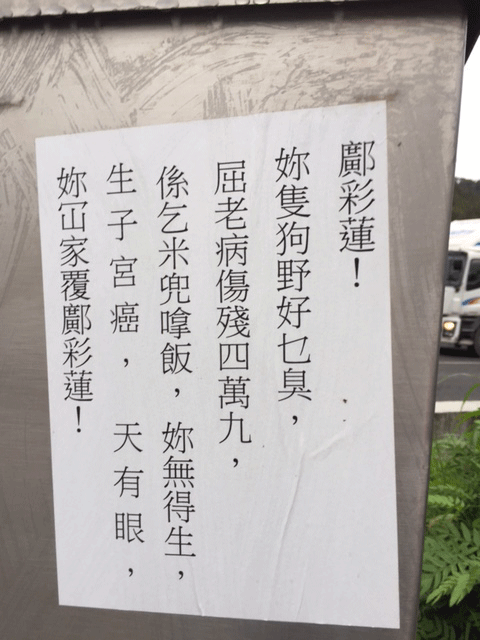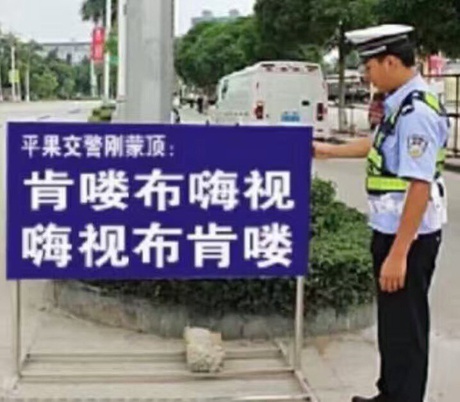GA
One of my favorite Chinese words is GANGA (pronounce as in "Lady Gaga", but put a nasal at the end of the first syllable). It is so special and has had such a deep impact upon me since I began learning Chinese half a century ago that, in this post, I shall refer to it simply as "GANGA", in capital letters only, except when discussing its more precise pronunciation, derivation, meaning, and written representation in Chinese characters. Referring to this unusual word as "GANGA" is meant to emphasize the iconic quality it has for me personally, in the sense that its nature reveals many verities about Sinitic languages and Chinese writing.
Read the rest of this entry »



